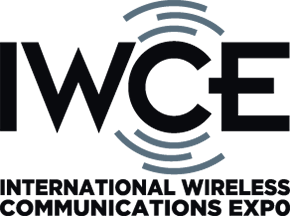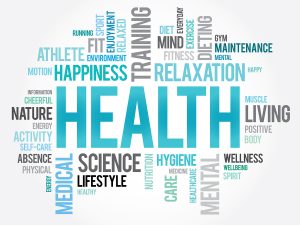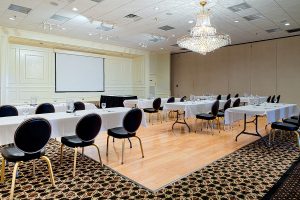 With the future of the Affordable Care Act being hotly debated, healthcare is a huge focus for a number of government-related sectors. From IT professionals looking for ways to make healthcare more efficient, to policy makers looking for answers to affordability, to physicians trying to stay up on the latest technologies, procedures, and compliance, there are varied needs at healthcare-focused events.[Tweet "Healthcare is a huge focus for a number of government-related sectors. #GovEventsBlog"]
With the future of the Affordable Care Act being hotly debated, healthcare is a huge focus for a number of government-related sectors. From IT professionals looking for ways to make healthcare more efficient, to policy makers looking for answers to affordability, to physicians trying to stay up on the latest technologies, procedures, and compliance, there are varied needs at healthcare-focused events.[Tweet "Healthcare is a huge focus for a number of government-related sectors. #GovEventsBlog"]
The diverse audience for healthcare events does have some common needs as pointed out in this article from FreemanXP. These include: Continue reading


 Disasters can take many forms--from earthquakes and floods that damage infrastructure and halt business, to war, terrorism, cyber attacks, and pandemics, to technological failures such as power outages. The one thing they all have in common is the potential to cause trouble for, and perhaps even shut down, your meetings.
Disasters can take many forms--from earthquakes and floods that damage infrastructure and halt business, to war, terrorism, cyber attacks, and pandemics, to technological failures such as power outages. The one thing they all have in common is the potential to cause trouble for, and perhaps even shut down, your meetings. The
The 
 Are you a good event planner with dwindling event numbers? You may be making some of these common newbie mistakes.
Are you a good event planner with dwindling event numbers? You may be making some of these common newbie mistakes.
